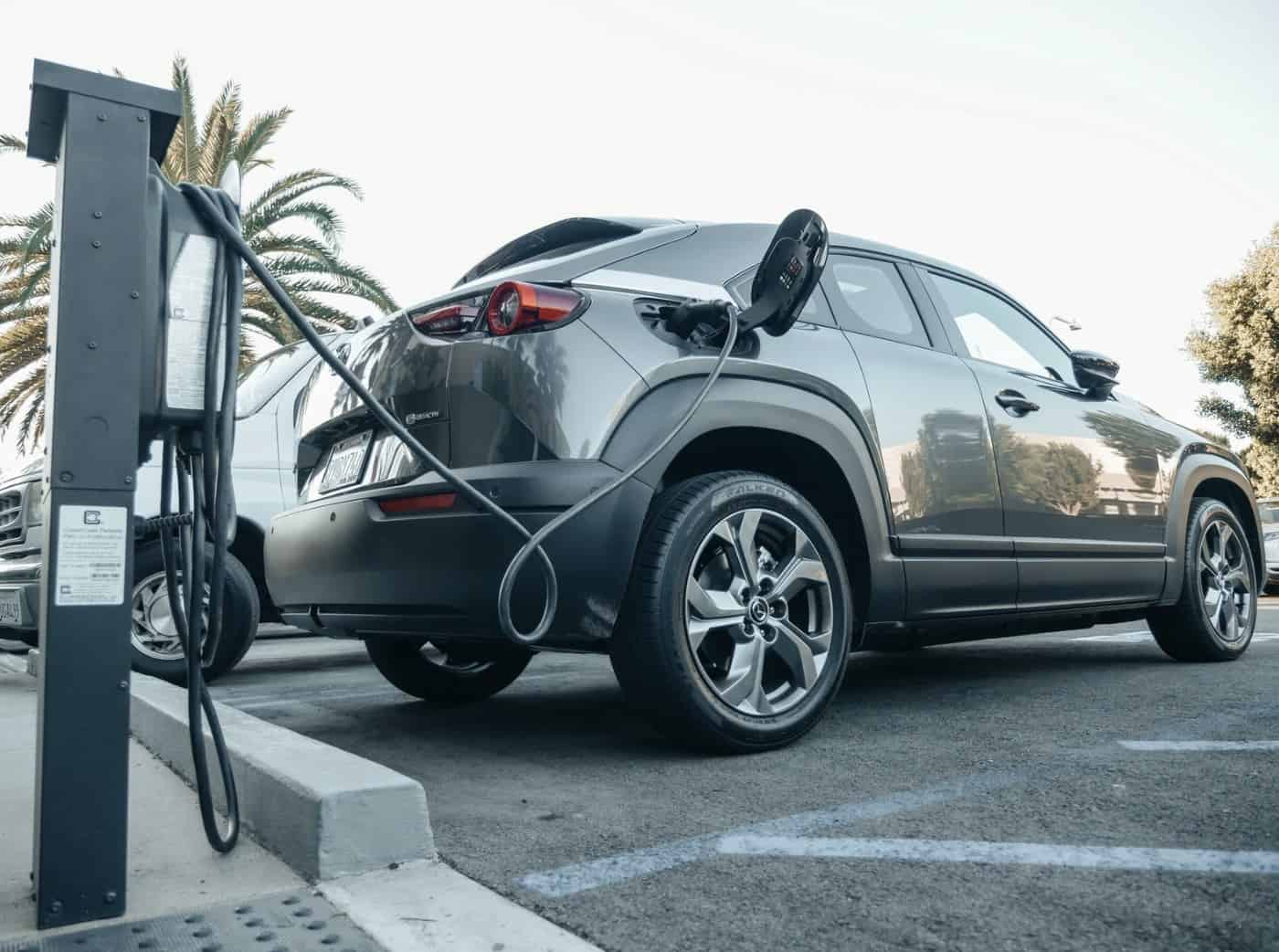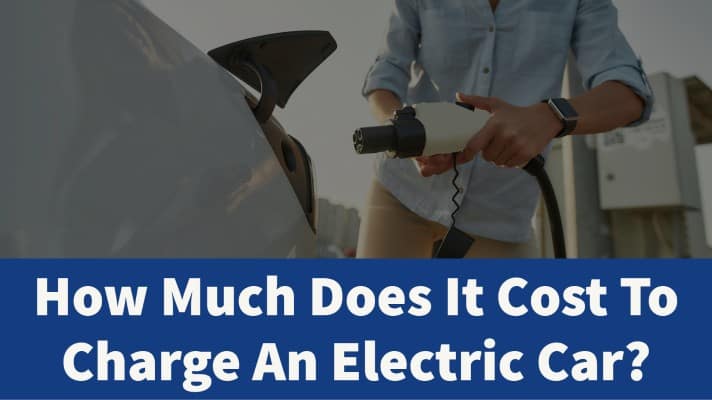If you’ve been considering making the switch to an electric vehicle, you may be wondering roughly how much it’ll cost to charge. In this blog, we’ll be going through just that, as well as covering a bit more extra info on free charging points, rapid chargers and how you can make the most out of your electric car.
What Are Electric Car Chargers And How Do They Work?
Electric car chargers are the devices you will use to charge your electric car. There are three main types:
• Slow charging – this is done using a standard 3-pin plug socket, providing around 2kW of power and can take up to 12 hours for a full charge.
• Fast charging – this provides more power than a standard socket and can charge your car in around 4-8 hours.
• Rapid charging – the fastest charging solution, providing up to 50kW of power and can charge an electric car in around 30 minutes. These, public chargers are often found at motorway service stations and workplaces.
An electric car charger works by transferring electricity from the mains to your car’s battery. You plug one charger end into your car and the other into a power socket, either at home or in public.
The battery is then filled with electricity, giving you the power to drive your vehicle for several hours. With the average UK electricity price increasing, slow home chargers are increasing in popularity due to their affordability.

What Factors Affect How Much It Costs?
The cost of charging your car will largely depend on the amount of energy you use, as well as the rate at which you charge your car.
• Electricity rates – electricity rates vary from region to region, and can also change depending on providers, so it’s important to shop around for the best deal.
• Charging method– slow and fast charging are generally cheaper than rapid charging. However, the processing time may take longer.
• Charging time – the amount of time it takes to fully charge your car will affect the cost as well, with shorter times costing more.
• Location- some charging points are free, while others may charge you a larger fee.
So, How Much Does It Cost?
Let’s take a look at how much it costs to charge an electric car in different places:
The Cost To Charge An Electric Car At Work
This is often free, as many employers provide a charging station for their employees to have rapid charge points for their electric vehicles. With the increase in energy prices, many employers are offering this as an additional benefit. Fleet Evolution offer a free workplace charge point scheme, find out more about it here.
The Cost To Charge An Electric Car At Home
Depending on your battery and charger, home EV charging will cost between £10-£15 for a charge of 200 miles. Home charging is usually the cheapest option for charging your electric car and is still significantly cheaper than filling up a petrol car or paying traditional fuel costs.
The Cost To Charge An Electric Car At A Rapid Charger
Rapid chargers are the most expensive option and are now around £0.70 kWh, which is around £19 for 90 miles. Whilst off-street parking doesn’t have rapid chargers, in an aim to make electric vehicles more accessible, there are an increasing amount of public charging points in the UK- these charge points all vary in price, however.
Additional Benefits of Electric Cars:
Electric cars have many more benefits than just being cost-effective. Let’s take a look at them:
Less Maintenance
Electric cars require much less maintenance than standard cars as there are fewer moving parts. This is because fewer components can wear out or need repair, making it more cost-effective in the long run.
Government Grants and Schemes (fleet)
If you’re looking to purchase an electric car, the government offers grants and schemes for businesses and individuals. These can cover anything from a contribution towards half the cost of the vehicle or even the installation of charging points in your home. Company cars are making the switch to electric, with fleet schemes now in place to encourage businesses and fuel savings.
Here at Fleet Evolution, we’re the UK’s number one electric vehicle salary sacrifice scheme provider. If you’re interested in finding out more, please don’t hesitate to get in contact with us.
Tax Benefits
Electric cars are eligible for tax benefits, including reduced road and company car tax. This lowers the ownership cost and helps reduce your overall running costs.
Environmentally Friendly
Electric cars are emissions-free, meaning they produce no pollutants or harmful gases. This can help to reduce air pollution and contribute to a more sustainable future.
Reduced Noise Pollution
Electric cars are much quieter than standard vehicles, helping to reduce noise pollution in cities and towns. This is great for those close to main roads car parks or busy areas.
Overall, electric cars can have significant benefits to both your wallet and the environment. We hope this article has given you some insight into how an electric car charger works and how much they cost to charge. If you’re looking to make the switch to electric, get in contact with us today!
Electric Car Charging FAQs:
We’ve done our best to try and answer some of the most frequently asked questions about electric car charging below:
Is It More Expensive To Charge An Electric Car At Home?
Electric cars are still cheaper to charge at home compared refuelling to a petrol or diesel car. This is because electricity tariffs are generally lower than fuel costs, plus you have the added benefit of not having to pay for petrol or diesel.
Is Charging An Electric Car Cheaper Than Petrol?
Yes, charging an electric car is cheaper than both petrol cars and diesel cars. However, it is important to note that the electricity tariff will vary depending on your location, so it is best to research costs prior to your trip.
Is It Free To Charge An Electric Car At Tesco?
Tesco offers free electric car charging at some of its stores. This can be a great way to save money on refuelling your vehicle and is available for customers who have registered with their ChargePoint card.

Tags : Battery, charge, Cost, electric car, electric car chargers, electric cars, Electricity, electricity rates, rapid charger

